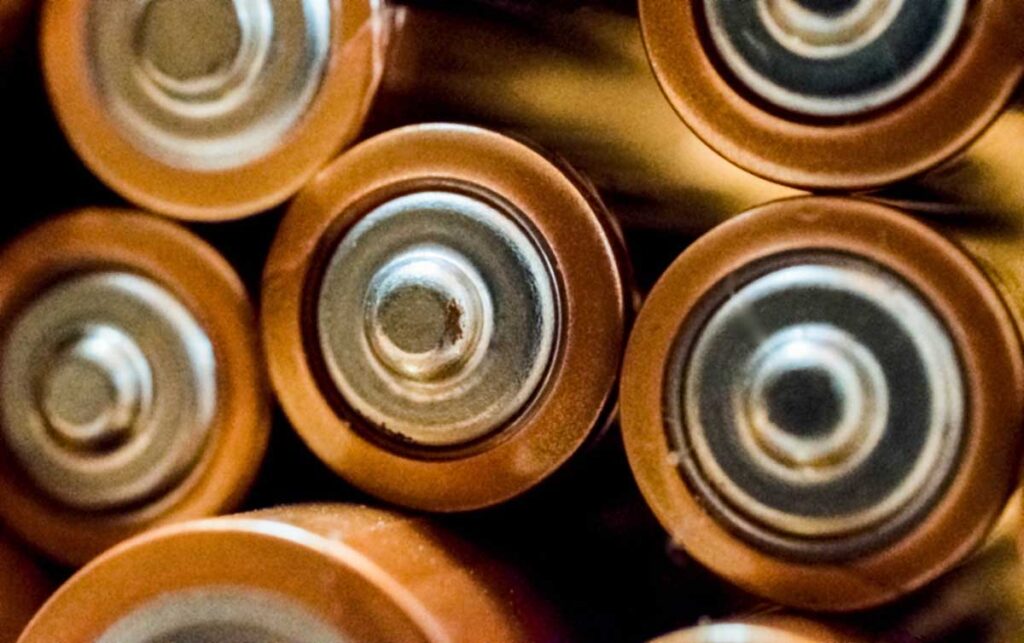According to the EPA, most batteries are recyclable. However many – including lithium-ion, lithium metal, lead-acid, nickel cadmium and other rechargeable batteries – should NOT go in household garbage or recycling bins. In a world where batteries are increasingly powering everything, it is useful to know which batteries can be recycled, where they can be recycled, and which batteries require special handling.
In preparation for the busy end-of-year season, the Edgewater Sustainability Board encourages area residents to take a moment to learn how to recycle used household batteries responsibly.
Types of Batteries to Recycle:
• Alkaline Batteries: Found in a variety of electronics and include some of the most common battery types such as 9-volt, D, C, AA and AAA batteries. In most communities, these common batteries can be safely put into household and municipal trash bins. To recycle, look for in-store recycling bins.
• Lithium-Ion Batteries: Found in many rechargeable products, including electronics, toys, wireless headphones, handheld power tools, some appliances, electric vehicles and electric energy storage systems. These batteries contain many critical minerals that can be recycled, but DO NOT place them in municipal trash or recycling bins. Return these batteries to a dedicated in-store recycling or hazardous waste collection point. Larger EV and energy storage batteries should be returned to the manufacturer or dealer for proper handling. These batteries may also spark so handle with care and to avoid fires, tape battery terminals and/or place batteries in separate plastic bags.
• Lithium Metal Batteries: Non-rechargeable batteries often found in cameras, watches, remote controls, handheld games and smoke detectors. DO NOT place them in municipal trash or recycling bins. Return these batteries to a dedicated in-store recycling or hazardous waste collection point.
• Lead-Acid Batteries: Found in automobiles, boats, snowmobiles, motorcycles, golf carts, electric wheelchairs and other vehicles. DO NOT place them in municipal trash or recycling bins. These batteries should be returned to a battery retailer or hazardous waste collection point.
Some Local Options for Responsible Battery Recycling:
• The Home Depot provides battery recycling options in-store and hosts many resources on their website. Call your local store for more information.
• Action Recycling Center in Wheat Ridge accepts all batteries except car batteries. Visit www.ActionRecyclingCenter.com/battery-recycling for more information.
• Rooney Road Recycling Center in Jefferson County provides free automotive battery recycling and alkaline, rechargeable and lithium battery recycling for a $30 fee for Jefferson County residents. Visit www.RooneyRoadRecycilng.org for more information.
Not sure where to recycle your batteries? Dial 1-800-CLEANUP or visit www.Earth911.com. To search for options, click the “Where to Recycle” button at the top of the screen and enter the material you want to recycle along with your ZIP code to search for local options.
Sources: Environmental Protection Agency; Waste Age News
Contact City of Edgewater Sustainability Board Member Jeanette Papp at [email protected].






